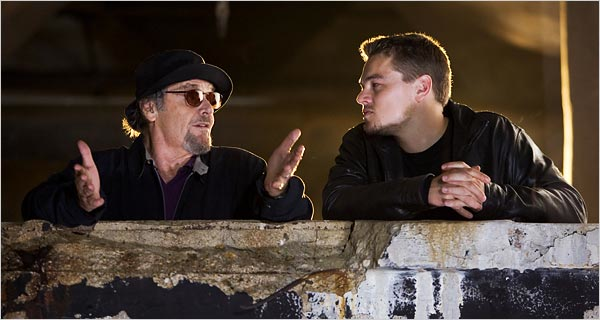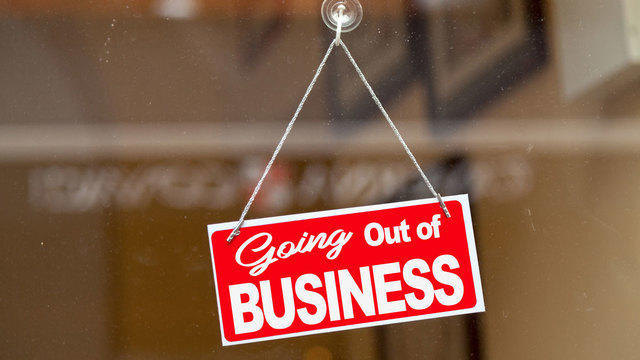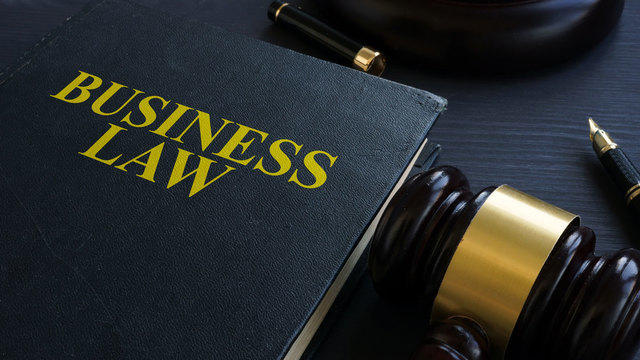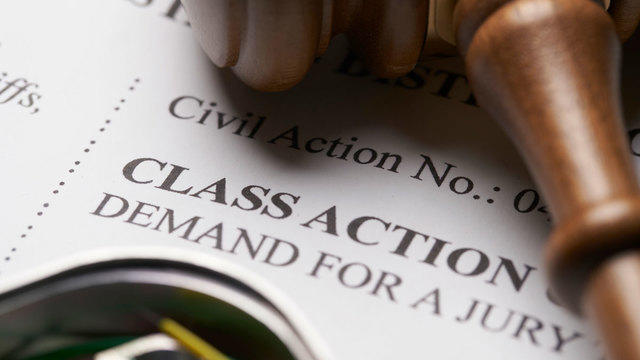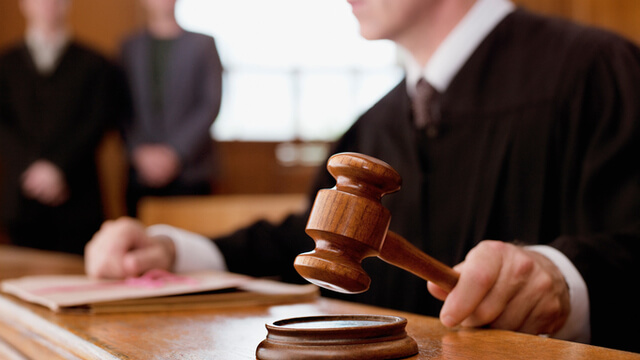Hope the holiday season is going well and your bar prep is under way. I thought I could help you take a quick break from your outlining and memorizing by going over some interesting law and order myths. As, we're sure, you are all well aware, one of the worst reasons to go into the field of law is because you love [place appropriate legal show/movie here] and want your life to be just like that!?
All those television shows and movies are the overly dramatized versions of a world full of paper work, delays, and settlements. You should know by now that you do not get to do your own crime scene investigations. You will probably never get the chance to orate an endless tirade against your opposing counsel or slam your fist down on a polished oak table in a courtroom and yell for justice.
Instead, I thought it'd be fun to go over some myths about law and order that many people believe in because of the media. Let's dive in!
(1) Criminals Must Be Read Their Miranda Rights
We've seen this scene time and time again. The robber gets caught. The murderer is found out. The heroic cop or agent handcuffs the bad guy in one slick maneuver and starts with those famous first words, 'You have the right to remain silent.' Many people think that if these rights are not read out loud as you are being arrested, you will be able to walk. False. This is a warning read to people who are about to be interrogated. So, though most of the time it's a good idea for an officer to read one their Miranda rights, it's not necessary if, for instance, they are arresting someone for drunk driving and he or she had a 0.15 BAC level; there's no need for an interrogation. It's an open and shut case. At that point, if the officer doesn't read 'drunky's' Miranda rights, it makes no difference.
(2) Everyone Gets One Free Phone Call When Arrested
All those characters in your favorite TV shows and movies immediately demand for their one call the moment they step foot in their cells. What most people aren't aware of is that phone calls in prisons and jails are a privilege, not a right. If an officer thinks you don't deserve it, then too bad for you. And, even if you do get the opportunity to make a call, it's not free. The person on the other end must be willing to pay for it.
(3) Undercover Cops Must Identify Themselves If Asked
This is always my favorite myth. It makes no sense! I always laugh, thinking of Leo DiCaprio yelling in his Bostonian accent 'I'm not a cop!' Well, we all know he is. If this were a real law, then even the most tweaked out meth heads would remember to ask their new dealers or friends the magic question before interacting with them. Come on, people!
Hope you enjoyed that nice breather from your bar prep. Hopefully your reason for becoming an attorney is not 'loving court dramas.' We mean, it's fine if you do, but that shouldn't be the reason! Keep up the hard work.


